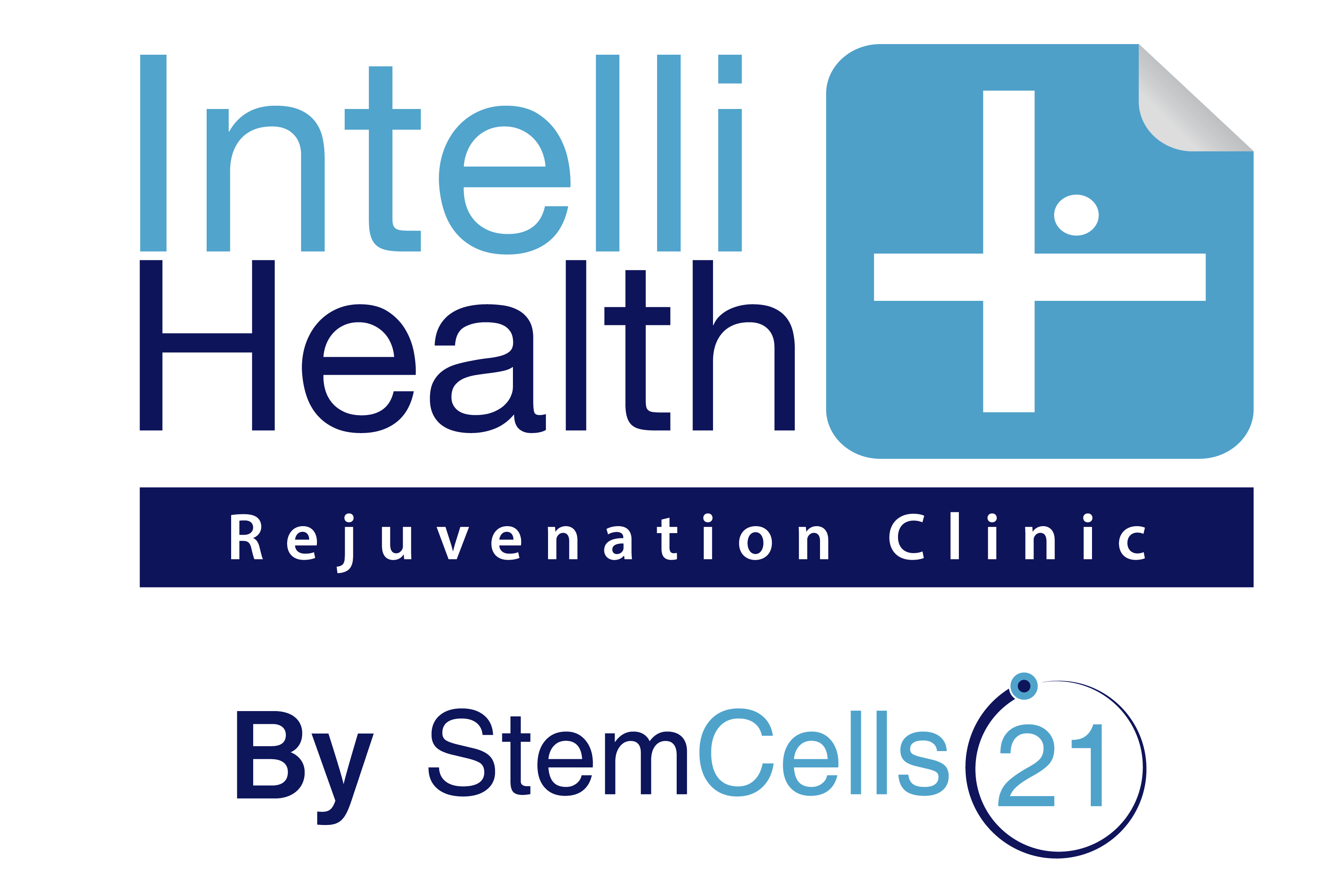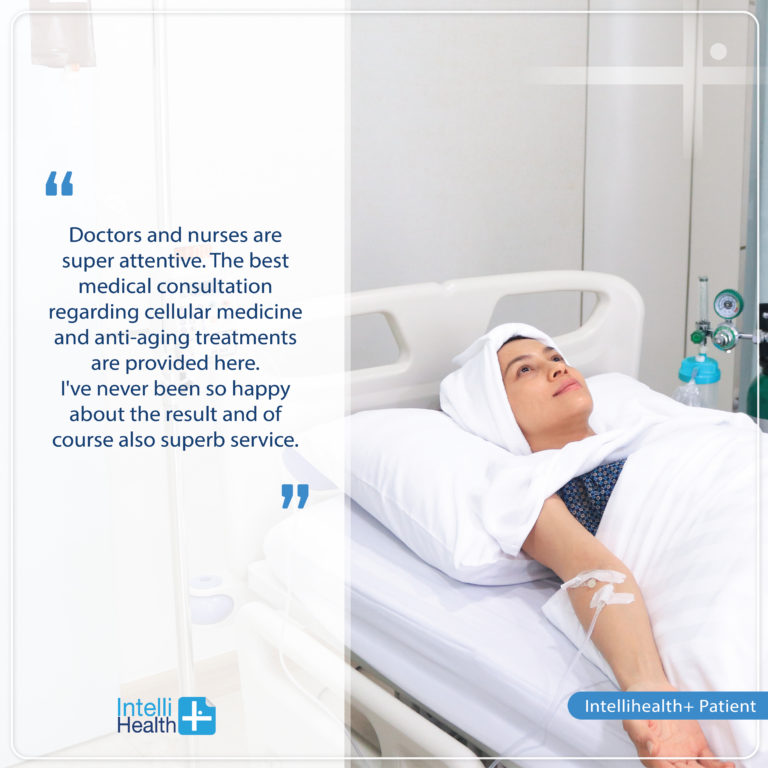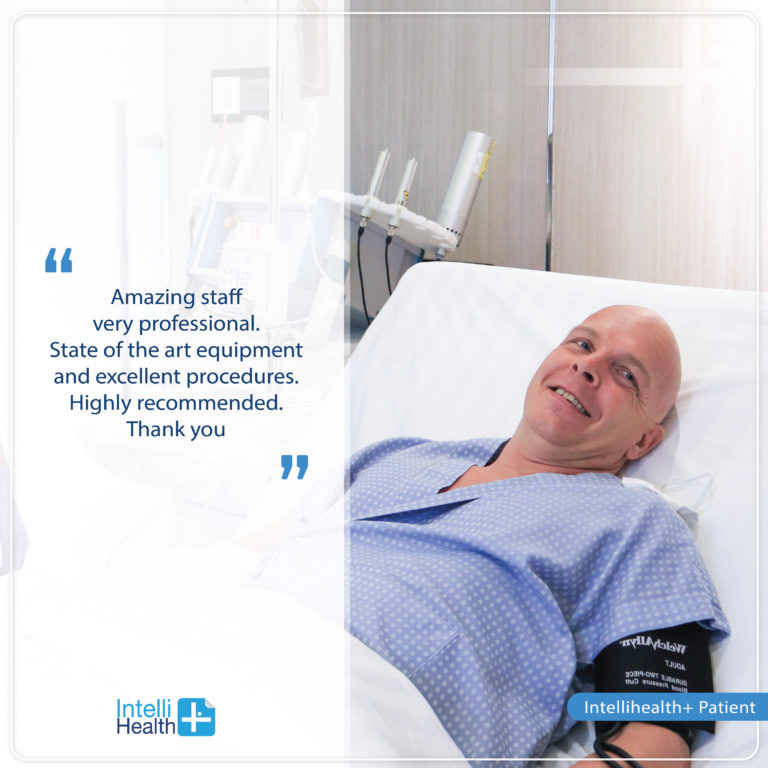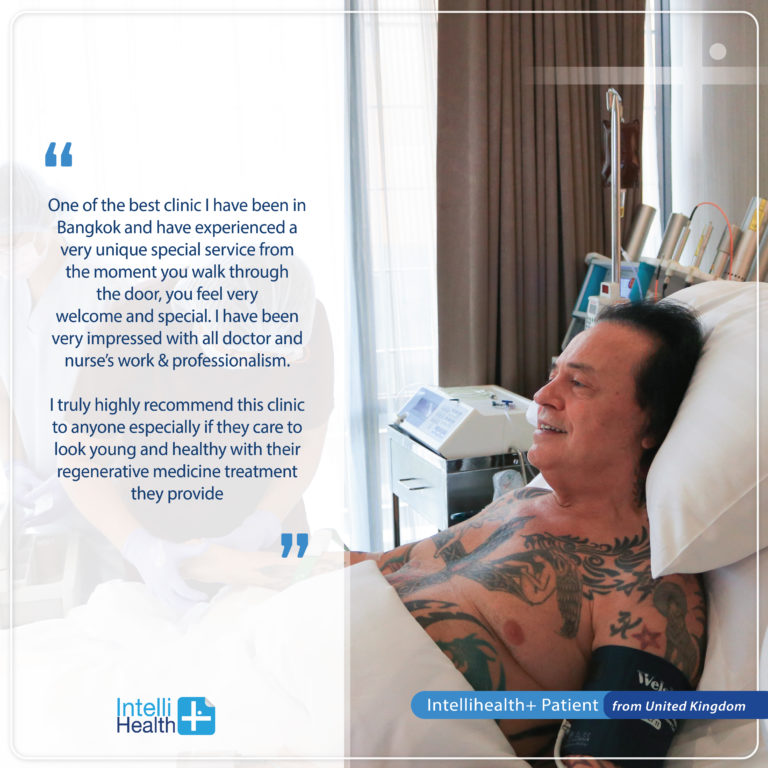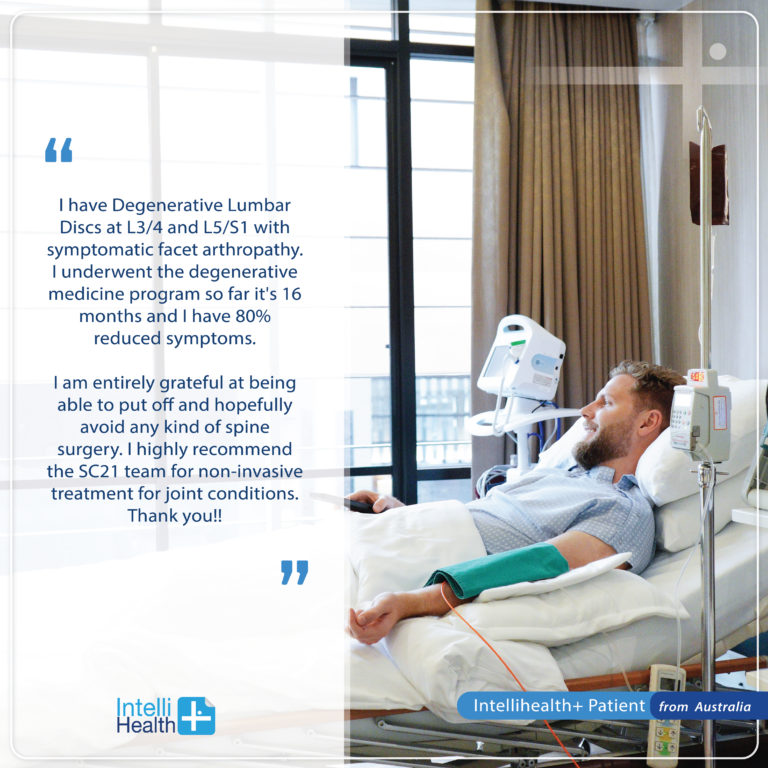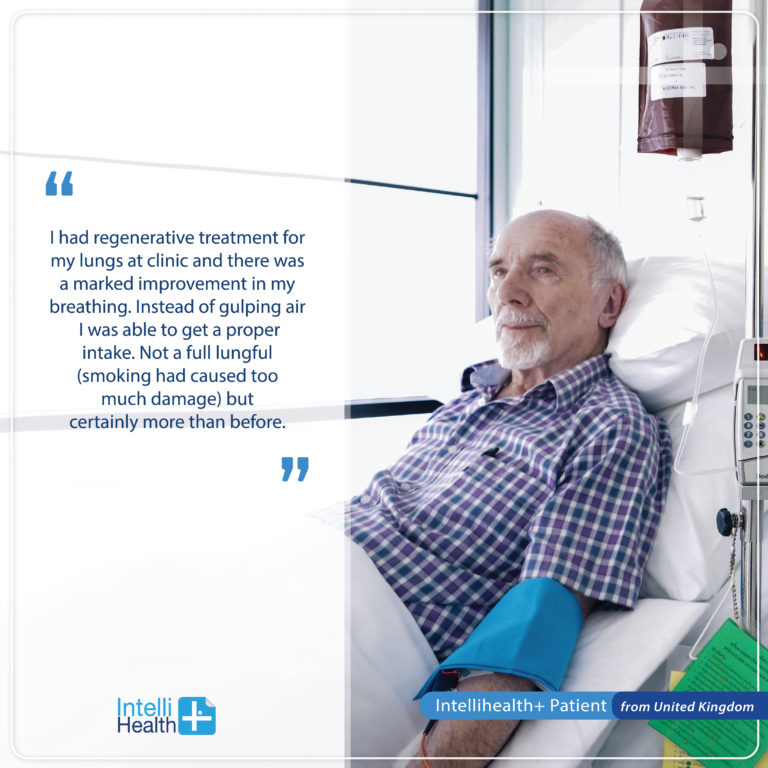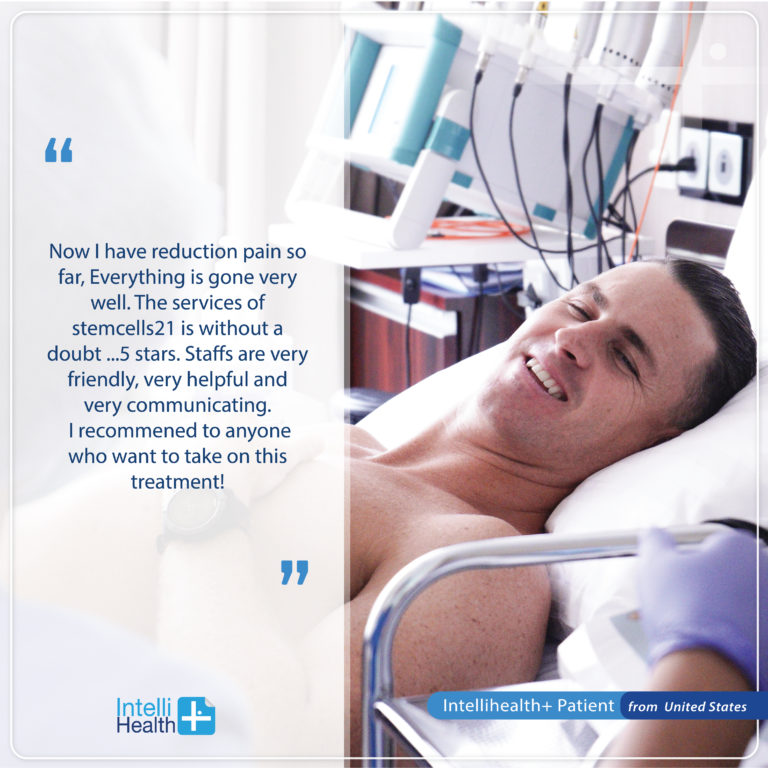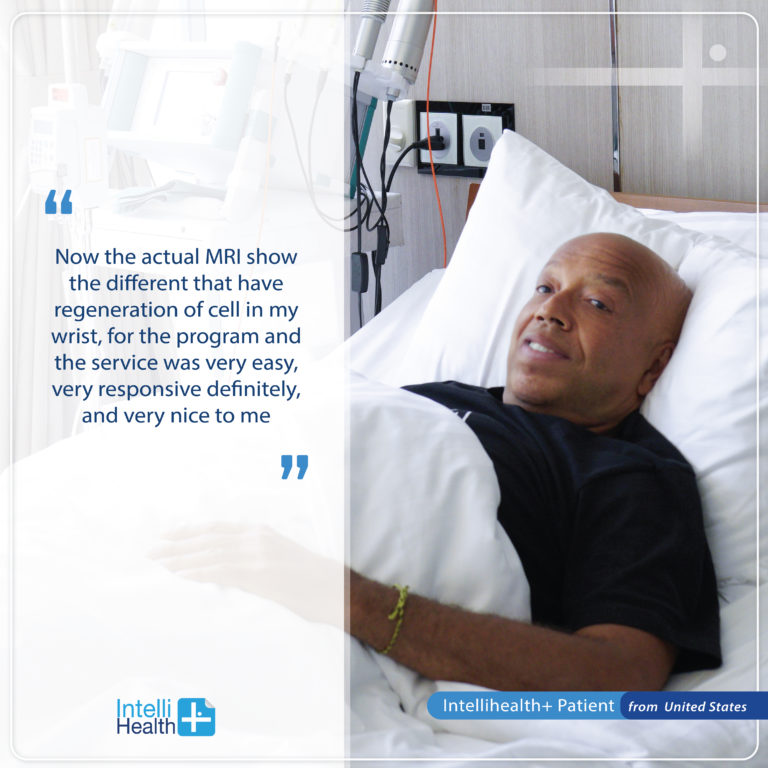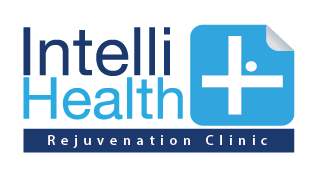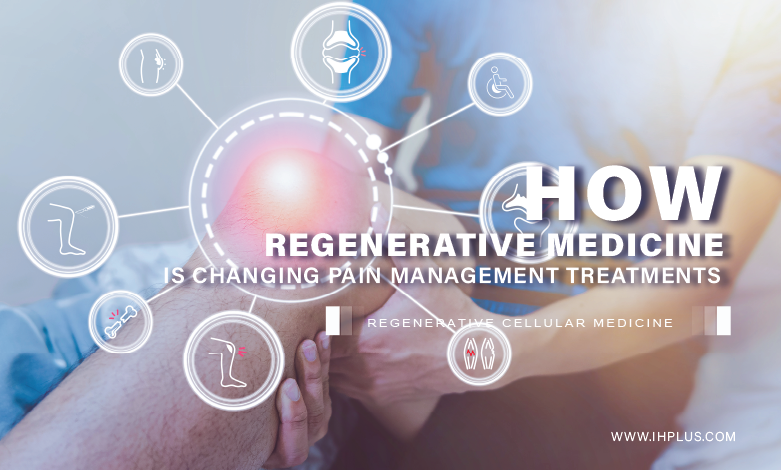
How Regenerative Medicine Is Changing Pain Management Treatments
Pain management has long been a significant challenge in the field of medicine. Chronic pain affects millions of people worldwide, hindering their quality of life and impacting their daily activities. Conventional pain management approaches, such as medications and surgeries, often come with limitations and potential side effects. However, a transformative breakthrough in medical science has emerged – regenerative medicine – offering new hope for those suffering from chronic pain.
Regenerative medicine is a cutting-edge field that focuses on harnessing the body’s natural healing abilities to repair and regenerate damaged tissues. This innovative approach goes beyond merely treating symptoms; it addresses the root causes of pain and aims to restore the body’s functionality. Through various regenerative therapies, patients can experience long-term pain relief, reduced reliance on medication, and improved overall well-being.
Understanding Regenerative Medicine:
Regenerative medicine encompasses a range of advanced treatments, including stem cell therapy, platelet-rich plasma (PRP) therapy, and tissue engineering. These therapies utilize the body’s own cells, growth factors, and biologically active molecules to promote tissue repair and regeneration.
- Stem Cell Therapy: Stem cells are undifferentiated cells with the remarkable ability to transform into specialized cells found throughout the body. In regenerative medicine, adult stem cells are typically used for therapeutic purposes. These cells can differentiate into various tissue-specific cells, such as cartilage, muscle, or nerve cells, facilitating tissue repair and reducing inflammation.
- Platelet-Rich Plasma (PRP) Therapy: PRP therapy involves extracting a small amount of the patient’s blood, processing it to concentrate platelets, growth factors, and other healing elements, and then injecting it into the affected area. PRP stimulates tissue regeneration and accelerates the body’s natural healing processes.
- Tissue Engineering: Tissue engineering combines biomaterials, cells, and bioactive molecules to create functional tissue substitutes. This approach is particularly promising for treating conditions where tissue damage or degeneration is significant.
Transforming Pain Management:
Regenerative medicine’s impact on pain management is revolutionary, offering several key advantages over traditional treatments:
- Tissue Regeneration: Unlike medications that mask pain temporarily, regenerative therapies promote tissue regeneration, addressing the underlying causes of pain. By repairing damaged tissues, these treatments provide longer-lasting relief and potentially reduce the need for ongoing pain medications.
- Non-Invasive Approach: Many regenerative procedures are minimally invasive, involving injections rather than complex surgeries. This leads to quicker recovery times and lower risks associated with invasive procedures.
- Safety Profile: Regenerative therapies typically use the patient’s cells or blood components, minimizing the risk of adverse reactions or rejection. These treatments are generally well-tolerated, making them suitable for a broader range of patients.
- Personalized Care: Regenerative medicine allows for personalized treatment plans tailored to each patient’s specific needs. This approach takes into account individual differences in pain severity, medical history, and tissue damage, leading to more effective outcomes.
- Holistic Healing: By encouraging the body’s natural healing mechanisms, regenerative medicine promotes a holistic approach to pain management. Patients experience not only physical relief but also improved mental and emotional well-being.
Promising Applications:
Regenerative medicine’s impact on pain management extends to various medical conditions, including:
- Osteoarthritis: Stem cell therapy and PRP injections can reduce joint pain and improve joint function in patients with osteoarthritis.
- Tendon and Ligament Injuries: Regenerative therapies can accelerate healing and improve the structural integrity of damaged tendons and ligaments.
- Chronic Back Pain: Stem cell therapy and PRP injections offer alternatives to spinal surgeries for certain cases of chronic back pain.
- Neuropathic Pain: Regenerative medicine shows promise in managing pain associated with nerve damage and conditions like diabetic neuropathy.
- Sports Injuries: Athletes can benefit from regenerative therapies to recover from injuries and return to their sport more quickly.
Regenerative medicine represents a paradigm shift in pain management, offering hope and possibilities for patients seeking effective, long-lasting relief. As research and technology continue to advance, regenerative treatments are expected to play an increasingly pivotal role in transforming pain management approaches. As we embrace this regenerative revolution, patients can look forward to a brighter future with improved quality of life and reduced reliance on traditional pain medications.
YOU MAY BE INTERESTED..
Our treatment treated at IntelliHealthPlus Clinic By StemCells21
At IntellihealthPlus Clinic, we believe that anti-aging is about looking younger and feeling younger and healthier. We offer a variety of treatments designed to help individuals age gracefully and maintain their youth and vitality.
Book a FREE Consultation Now
IH+ Contact Form
Contact our international team of medical professionals with language services available in English, Thai, Arabic, Chinese, Spanish, and Russian.
Please indicate your preferred language and we will do our best to accommodate your request.
